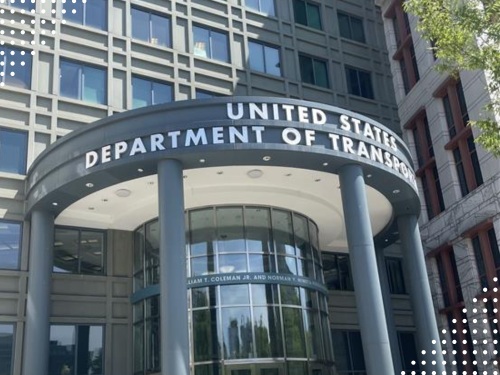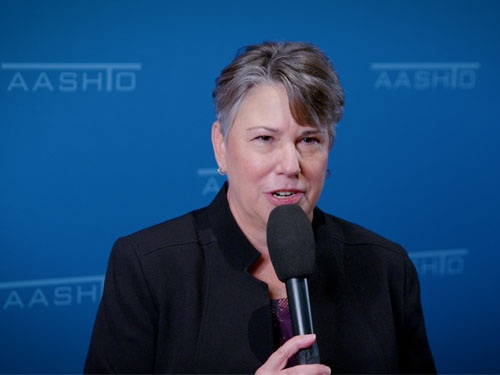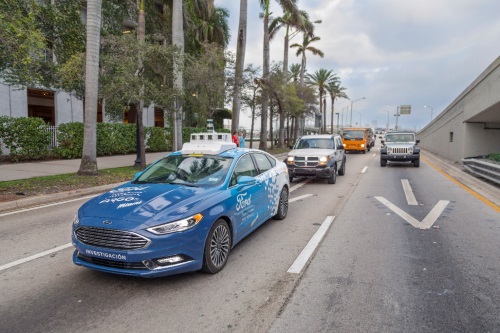In a speech at the Annual Airports and the Rental Car Industry Workshop on Nov. 5, Heidi King, deputy administrator of the National Highway Traffic Safety Administration, said her agency remains extremely interested in “automated driving systems” due to their potential to “save lives and prevent injuries” – even though “there are no vehicles sold with fully self-driving technologies” and so must “still require the driver to be engaged and responsible for vehicle operations” at all times.
[Above photo by Ford Motor Co.]
“Vehicle automation has captured the imagination of the public because of its seemingly miraculous potential to improve safety, to enhance mobility, and to add more useful hours to our day,” King said in her written remarks.

“Instead of sitting in traffic, many of us imagine hours currently focused on the driving task that could be spent doing something else. The potential for dramatically enhanced mobility for those who are unable to drive conventional vehicles— including the elderly, disabled, or vision-impaired—would be nothing short of life-changing,” she explained. “Because the technology could offer such dramatic safety, mobility, and economic benefits, the emerging technology attracts billions of dollars in private investments.”
But for NHTSA, King stressed, “the value lies in how many lives we can save and how many injuries we can prevent.”
Yet she noted as the average age of a vehicle on the roads today is 11.6 years old, many may soon be getting into cars “with features they may never have experienced before” and thus “consumer education” will be critical to help reduce the risk that results from a driver operating a vehicle with unfamiliar features.
“As technology continues to evolve, I believe that our consumer engagement must evolve as well, and that open communication and consumer education are vitally important,” King stressed. “I see this as a vital step in preparation for more advanced technologies.”
 Top Stories
Top Stories
USDOT Makes $1.5B Worth of BUILD Grants Available
December 19, 2025 Top Stories
Top Stories

